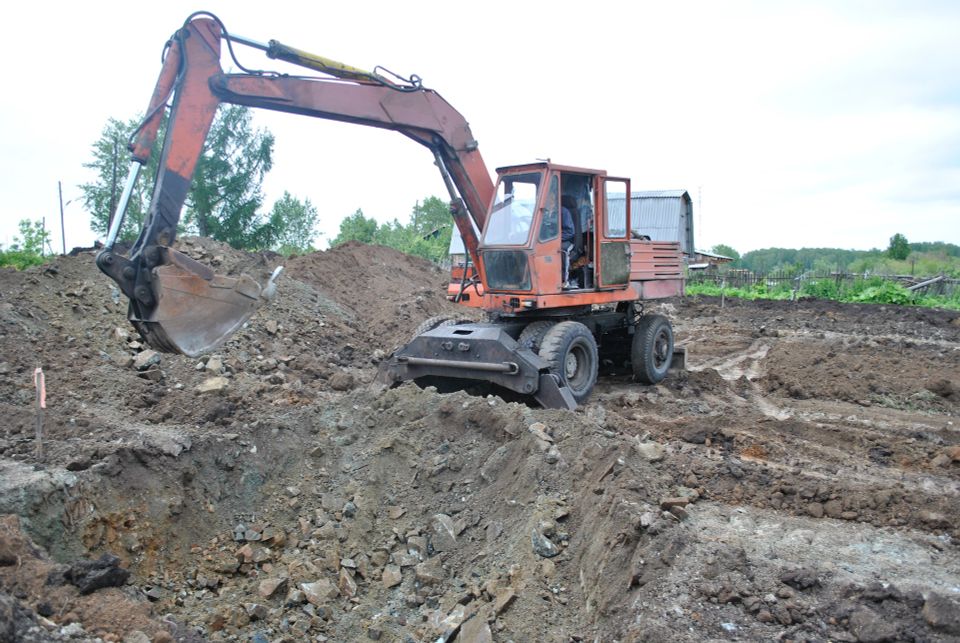Soil stabilization is an engineering process that improves the physical properties of soil, making it stronger and more durable. It involves adding various materials to the soil to increase its load-bearing capacity, reduce erosion, and improve its permeability. Soil stabilization has numerous benefits and has become a popular method of enhancing soil quality in construction and infrastructure projects.
Importance of Soil StabilizationSoil stabilization is essential in construction projects, improving soil strength and durability. Stabilized soil increases bearing capacity, which is crucial when constructing structures such as buildings, bridges, and roads. Stabilized soil is also useful in reducing soil erosion, especially in areas prone to soil degradation. Additionally, stabilized soil improves the soil's permeability, which is beneficial in water drainage and preventing soil saturation.
Types of Soil Stabilization Techniques
1. Chemical StabilizationIt involves using chemical additives such as lime, cement, fly ash, or bitumen to improve soil properties and increase strength.
2. Mechanical StabilizationThese techniques, such as compaction, grading, and rolling, improve soil density and reduce its susceptibility to erosion and settlement.
3. Biological StabilizationIt involves techniques, such as vegetation or bioengineering, using living organisms or natural processes to reinforce soil and prevent erosion.
4. GeosyntheticsThese techniques, such as geotextiles, geogrids, and geocells, are synthetic materials used to reinforce soil structures and enhance their stability.
5. Soil NailingIt involves the installation of steel or fiberglass rods or bars into the soil, a technique used to reinforce slopes and retaining walls.
6. GroutingThis injects a fluid material into the soil to fill voids and improve its stability. It is used in the tunneling, foundation repair, and soil improvement projects.
7. Electro-osmosisThis technique involves the application of an electrical current to the soil and is used to improve soil strength, reduce water content, and decrease settlement.
Benefits of Soil Stabilization in ConstructionSoil stabilization is essential in construction projects as it enhances soil properties, reducing the risk of soil failure. Stabilized soil is more erosion-resistant and can withstand harsh weather conditions, making it ideal for road construction. Stabilized soil can be used to construct structures such as retaining walls and bridge abutments due to its increased load-bearing capacity.
Environmental Benefits of Soil StabilizationSoil stabilization has numerous environmental benefits, the most significant being the prevention of soil erosion. Soil erosion is a significant environmental problem that leads to soil degradation, sedimentation of waterways, and loss of fertile topsoil. Soil stabilization helps prevent soil erosion by increasing the soil's resistance to erosive forces such as wind and water. Additionally, soil stabilization promotes vegetation growth, which enhances biodiversity and improves air quality.
Challenges of Soil StabilizationSoil stabilization has its fair share of challenges, the most significant being the high costs associated with the process. Stabilizing agents such as cement, lime, and fly ash can be expensive, making soil stabilization costly. Additionally, soil stabilization requires specialized equipment and skilled personnel, which can be challenging to source, especially in rural areas.
ConclusionSoil stabilization is an essential process in construction and infrastructure projects. It enhances soil properties, making it more erosion-resistant and increasing its load-bearing capacity. Soil stabilization has numerous benefits, including environmental benefits such as preventing soil erosion and promoting vegetation growth. While soil stabilization has challenges, the benefits outweigh the costs, making it a valuable process for enhancing soil quality.
Terra-Firma Stabilization & Reclamation provides asphalt pulverization, soil enhancement, alteration, stabilization, and comprehensive depth reclamation services. If you are looking for a
soil stabilization company in Alabama, contact us to learn more about our services.

